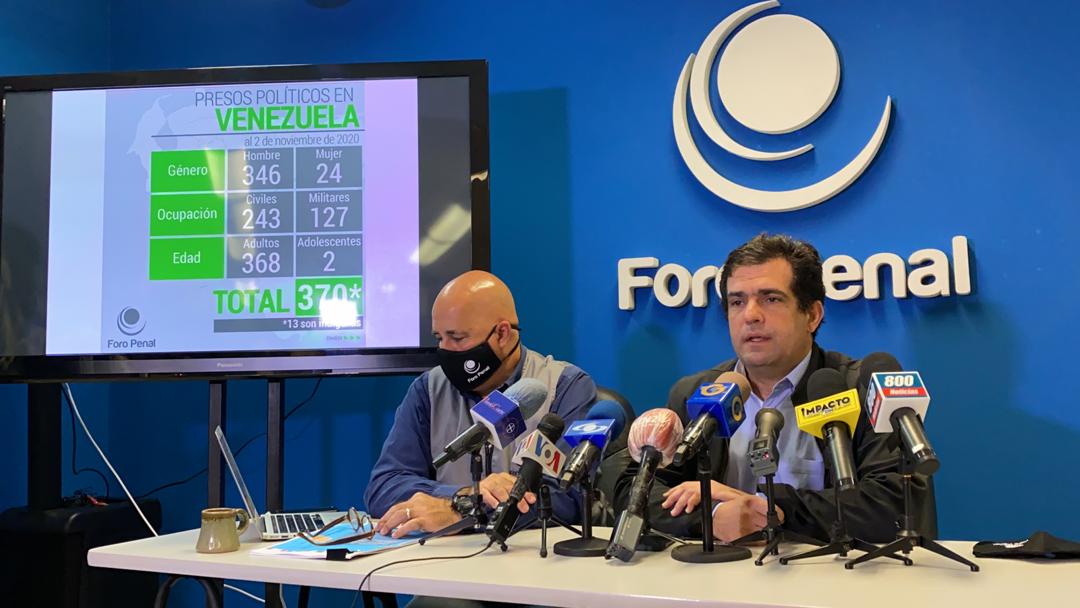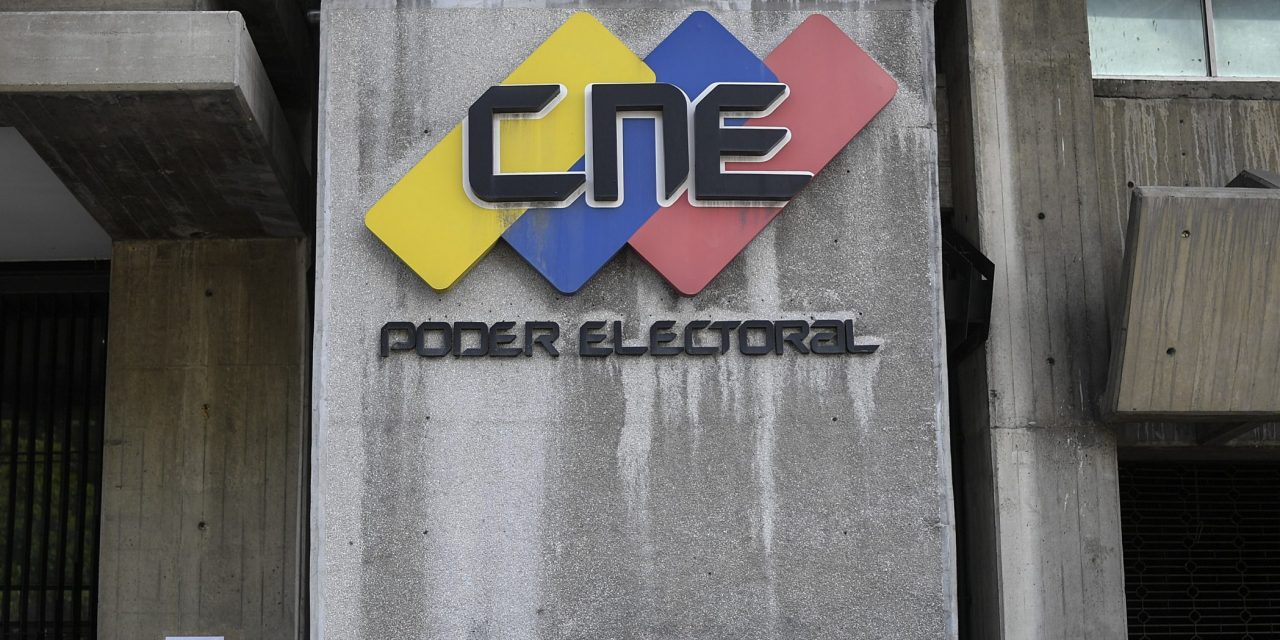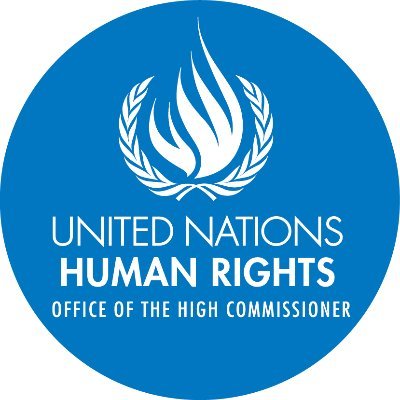The multidimensional crisis afflicting Venezuela is marked by the deterioration of democratic institutions, abuse as part of a systematic practice by the State security forces, the exercise of patterns of persecution and criminalization against political dissent, the constant worsening of the Complex Humanitarian Emergency, and the loss of quality of life of the Venezuelan people. This crisis has proved not to be gender-blind.
For this reason, the Center for Justice and Peace (Cepaz) has taken up efforts, beginning with their partner communities of women, to direct actions to the central issue of Justice as a response to human rights violations. The Venezuelan population deserves to find justice, truth and reparation for human rights violations. However, women must be at the focus, in the understanding of their prevalence as secondary victims and the differentiated damage to women as primary victims.
Through several interviews, focus groups and direct work with partner communities of women at different levels, both grassroots communities and victims who have turned to national and international bodies to seek justice, Cepaz has prepared an initial diagnosis of women’s prospects in the search for justice and how they still await justice, truth and reparation for the atrocities they have experienced in Venezuela. The purpose of this early diagnosis is to advance the discussion of these issues on the public agenda and the different decision-making spaces.
A few spaces for agreements are opening up in the country, where the discussion of human rights and justice should not be sidelined. Therefore, a new possibility opens up to advocate the need to create independent and fair investigation mechanisms to ensure accountability. Cepaz believes in the construction of true peace in Venezuela from justice and historical memory. As Venezuelans, we need to heal the wounds of the past and the present to achieve true, sustainable and lasting peace in the country.
Below are some of the findings of the conversations with women direct and secondary victims of rights violations.[1]
Women secondary victims of extrajudicial executions in Venezuela
Cepaz held a series of conversations with women secondary victims of extrajudicial executions and learned first-hand about the experience of having lost a son, husband or nephew at the hands of the State security forces. According to the women interviewed, the extrajudicial executions occurred during operations of the Special Action Forces, FAES, in which officers simulated confrontations with unarmed men who in most cases had no criminal record.
“He raised his hands and told them not to kill him because he was a good man who had children, but they did not care. In my case, he was my only child, I didn’t have any more children so imagine my life without my 26-year-old boy.”
The women affirm holding feelings of hostility and emptiness as a result of the extrajudicial executions. They also recognize having lost an important source of support in their lives and experienced difficulties in accepting their loss, especially when it comes to their deceased children. Likewise, the extrajudicial executions have also affected the children of the murdered men, as they have developed physical disorders, changes in family dynamics and feelings of mourning after the events.
“My little son asks me, mom, when am I going to see my dad again?”
The victims interviewed expressed not having filed a formal complaint over the death of their loved ones at the hands of the State security forces for different reasons, including ignorance of the laws or procedures, the perception of impunity in the country, the corruption of the Venezuelan justice system and even fear of possible reprisals against them and their families. The experience of one of the interviewees who did file a complaint reflects the corruption and procedural delays of the agencies responsible for the administration of justice.
Women cancer survivors, victims of the Venezuelan health system
Amid the complex humanitarian emergency that afflicts the country, profoundly affecting the medical assistance provided by public health services, women with cancer face extreme vulnerability due to the precarious conditions of care and the lack of economic resources to access other alternatives.
Venezuelan women diagnosed with cancer face profound difficulties in accessing free medical procedures for diagnosis and treatment, as well as surgical interventions. In the case of procedures in private health institutions, women face economic difficulties in performing diagnostic and preoperative tests, and in having access and affording chemotherapy drugs, surgical interventions and radiotherapy.
“Having to visit multiple drugstores was traumatic, as well as finding an institution that could provide the medication due to the high costs along with other difficulties”
According to the diagnosis made by Cepaz, women cancer survivors blame the officials in charge of public health administration -namely the Ministers of Health- for the difficulties in accessing medical treatment.
In the face of this situation, and even though the surviving women aspire to the improvement of healthcare conditions in the country, they do not expect justice, to the point of restraining from filing a complaint over the lack of access to adequate public health services to care for their illness. Women victims fear reprisals for reporting, such as exposing themselves to mistreatment by medical personnel or having restricted access to the treatments they need. Likewise, they explained some cases of corruption in the institutions where they had to resort to bribes to have access to treatment or the cases of surgeons who carry out interventions without optimal conditions intending to profit financially.
It is worth noting that the IACHR granted precautionary measures in favor of 12 women with breast cancer in Venezuela in October 2020 and called on the Venezuelan State to adopt measures to protect the right to life and health of the beneficiaries. However, the lack of compliance with the measures led many of the women to lose their lives for not having timely access to diagnosis, examinations and adequate medical treatment.
Women victims of political persecution
The testimonies shared by the women interviewed by Cepaz show that the attacks committed against them are not limited to the sphere of their families or partners. The systematic nature of the abuses has permeated all the spaces where women participate, including political life. Women can also be victimized for taking an active part in politics or, even without participating, for being a relative of a political figure.
Some of the women politicians are direct victims of persecution, as was the case of Sandra Flores, who was arbitrarily deprived of liberty without an arrest warrant. In a different case, Dignora Hernández denounced the presence of a vehicle from the Bolivarian National Intelligence Service (Sebin) parked outside her house every day, which represents a direct threat to the integrity and personal freedom of herself and her family.
In other situations, women who are secondary victims become direct victims after the deprivation of liberty or extrajudicial execution of their parents, husbands or children forces them to face the responsibility of caring for their family on their own, from a moral and financial standpoint. The same is true for their demand for justice, in a system where prosecutors and other officials constantly revictimize women by making fun of their pain. This is the case of Elvira Llovera, the mother of a student murdered during a protest. Llovera stated that the prosecutors called her son a guarimbero (vandal) and that he was to blame for his own death. The same happened to Meudy Osío, who lost her husband in the hands of State security forces and had to flee Venezuela due to fear of constant threats, raids on her home and office, and arbitrary confiscations.
The women victims of persecution for political reasons transformed their pain into a mechanism to make visible the violations perpetrated in their cases and demand justice. And, although they have not reached the possibility of achieving justice and reparation in Venezuela, some have denounced the violations in international instances, making their cases visible, learning the stories of other women, becoming part of their process of empowerment and building historical memory.
A gender-sensitive transitional justice program
The violation of human rights in Venezuela has greatly affected women. In the face of this, they expect a response from the justice system to the atrocities that they have experienced. All this context has a differentiated impact on women in every area of the rights crisis in Venezuela, whether as secondary victims in the face of systematic extrajudicial executions, victims of an ailing public health system, victims of persecution in the exercise of political activism, or in any other forms.
This situation requires a transitional justice process that starts by recognizing women as victims of human rights violations in different modalities, whether as direct or secondary victims. This process must address the differentiated ways in which women are victims of violations of their human rights, their causes and their consequences, and gives them a space for participation and a voice to tell their story, build memory and prevent the crimes from being forgotten.
Women must play a central role in the design and implementation of transitional justice measures by participating in the different stages of the transition process. Not only as victims in the construction of a historical narrative but as leaders in decision-making spaces where the particular needs of women in the process can be put on the public agenda.
Finally, based on the differentiated way in which women face the human rights crisis in Venezuela and become differentiated victims, it is essential to implement a justice component with judicial operators prepared to investigate and sanction crimes under a gender-based perspective, and a gender-sensitive reparation system.
The experience of women in the transition process
The participation of women in the process of rebuilding true peace through justice is not new, although it has required a constant struggle for the recognition of women both as victims and leaders of the process in the countries that have implemented them.
An example of this is the case of the mothers who lost their children during the dictatorship in Argentina, where criminal groups commanded by the State abducted and disappeared students, workers, social activists and the children of the women who gave birth in detention. The mothers began to gather and demonstrate to demand justice, truth and reparation. Many of these mothers and grandmothers are still in search of their missing children and grandchildren, but their struggle during the transition process toward democracy and the present has achieved their national and international recognition as secondary victims, the formulation of a method for genetic identification and the accompaniment of the State in the search for their children, the sanction of laws for the protection of children, the trial and punishment of those responsible for the systematic plan of misappropriation of minors, and economic and symbolic reparations such as the creation of a National Day of the Right to Identity, among others.
Another example is the case of Sierra Leone, which undertook a reconciliation process comprising different justice initiatives after having gone through an internal armed conflict in which women were direct and disproportionate victims of violence and discrimination. One of the initiatives was the creation of the Special Court for Sierra Leone, where special hearings for women and prosecutions for sexual and gender-based crimes committed during the conflict were held.
[1] The names of the victims interviewed for the preparation of this diagnosis are kept private for security reasons.
Translated by José Rafael Medina




